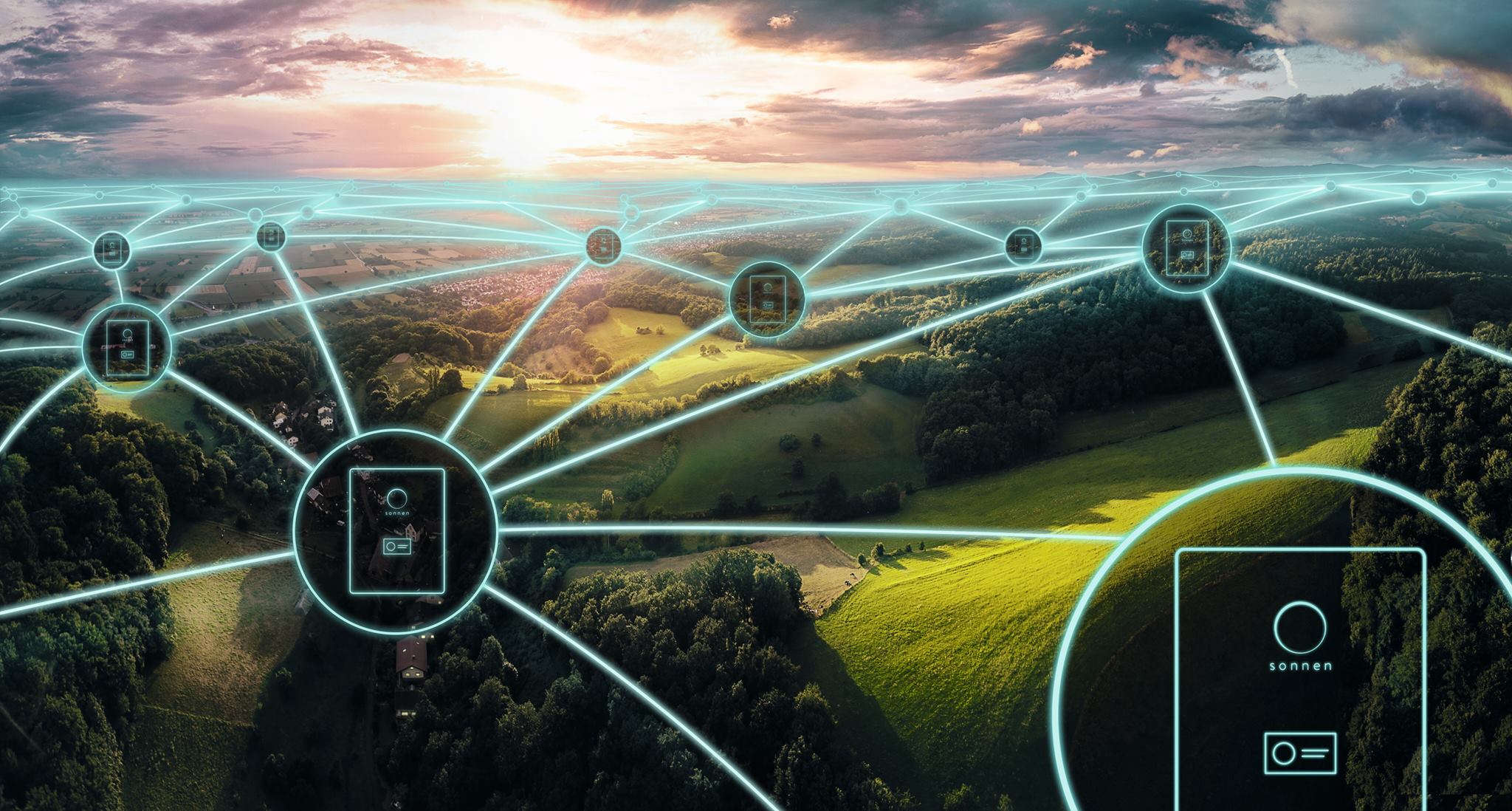The installation of backup batteries has spread vigorously in markets where solar energy has a significant presence, and electrical networks are not reliable. This is the case in Australia, where the German manufacturer Sonnen will begin a test program to pay the owners of these backup batteries for the punctual use of their capacity.
The idea is to create a virtual network where a group of batteries distributed by different private homes can offer part of their load to the electricity grid in times of high demand, all in exchange for economic remuneration.

Through the program, Sonnen will add these batteries to the country’s electrical system to assist in grid regulation, including participation in frequency control ancillary services (FCAS). The program will only use a small part of each battery’s capacity, which will have to have a minimum of 4kWh, to provide the network stability services.
According to Sonnen Asia Pacific CEO Nathan Dunn: “It’s about making smart energy systems even smarter. Customers installed solar panels in their homes because it was the smart choice to cut costs. They added battery storage because it was the smart choice for energy independence, and by adding SonnenConnect they are accessing the smarter option to help support grid stability.”
One of the keys to the development of this system in Australia is, in addition to the strong support of the government for the acquisition of batteries, the most concrete and straight forward regulation when developing virtual battery networks.
As with the V2G systems of electric cars, the objective is to reserve a small part of the battery capacity for export. From Sonnen, they have indicated that they will never leave the customer without power. Everything will be controlled by the automatic system already included in the batteries from the factory.
Sonnen estimates that residents who take part in this pilot project could receive up to $24-41 per month, to which they can add a $100 access bonus for those who sign up.

